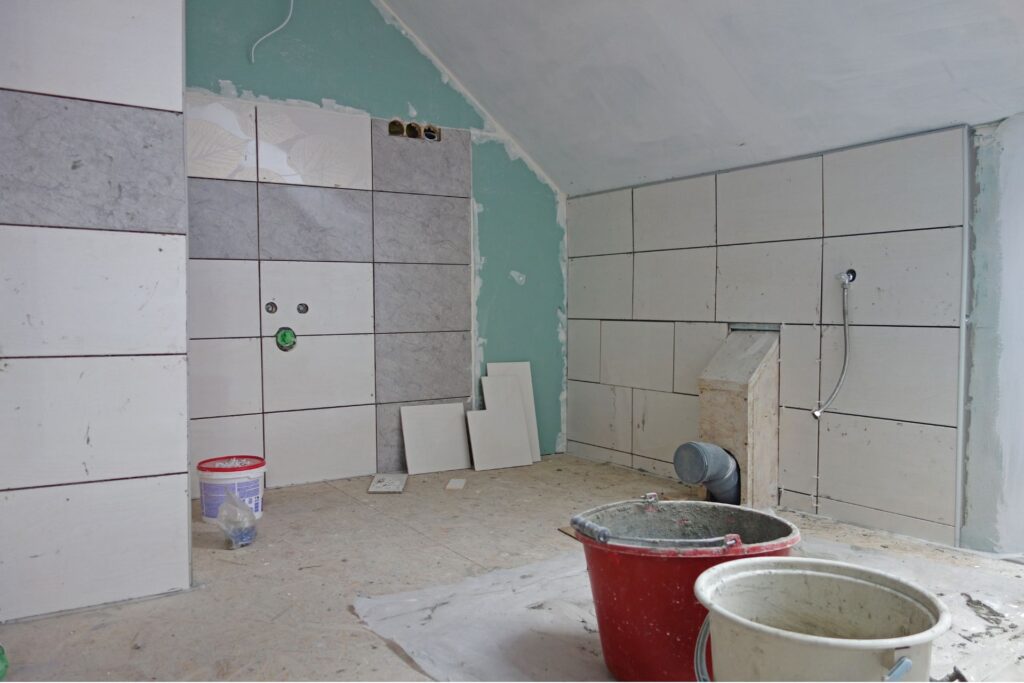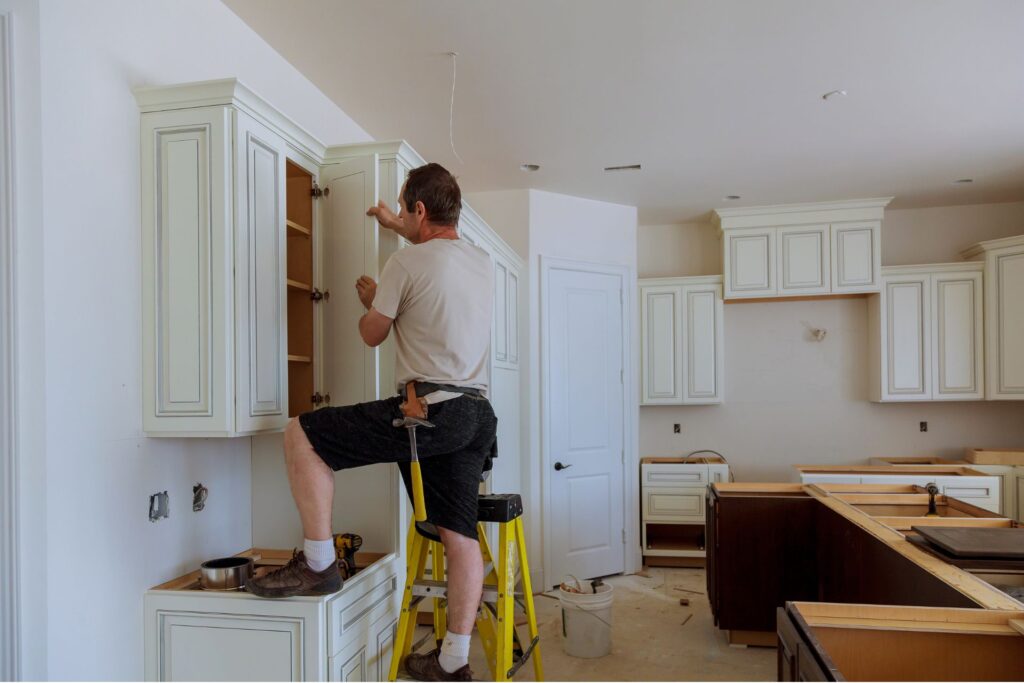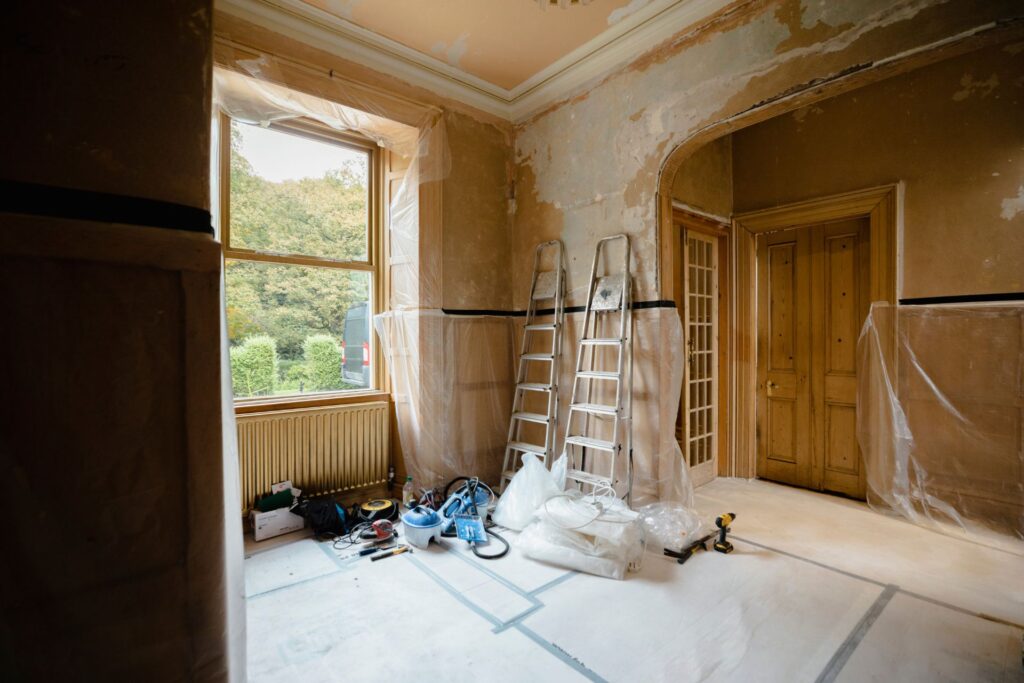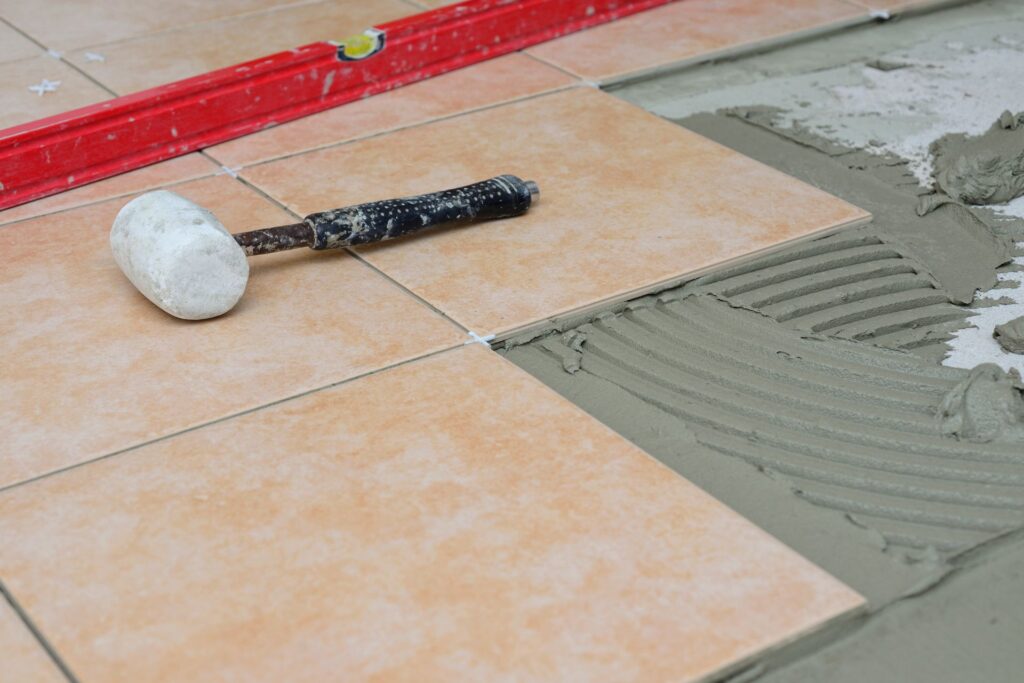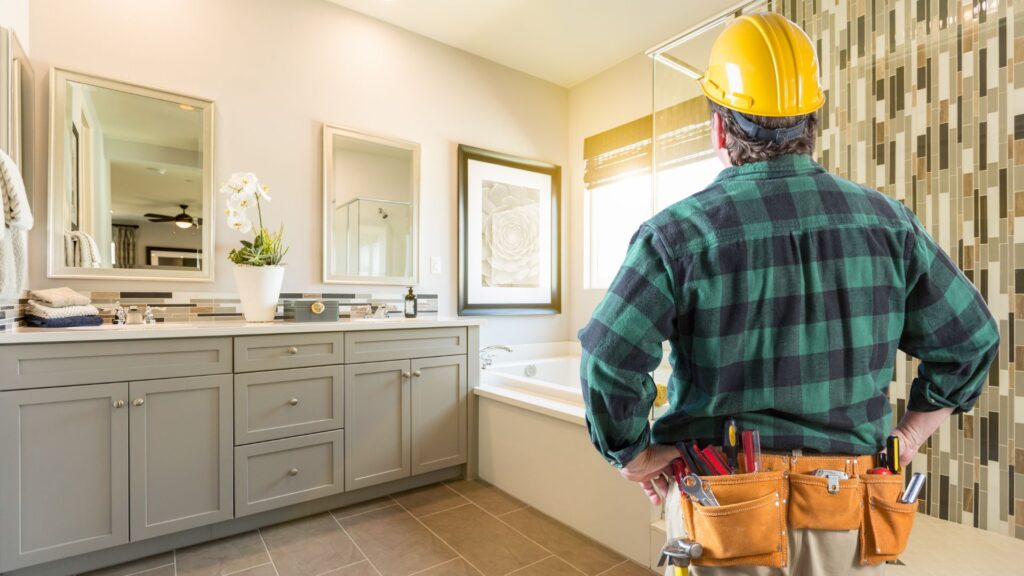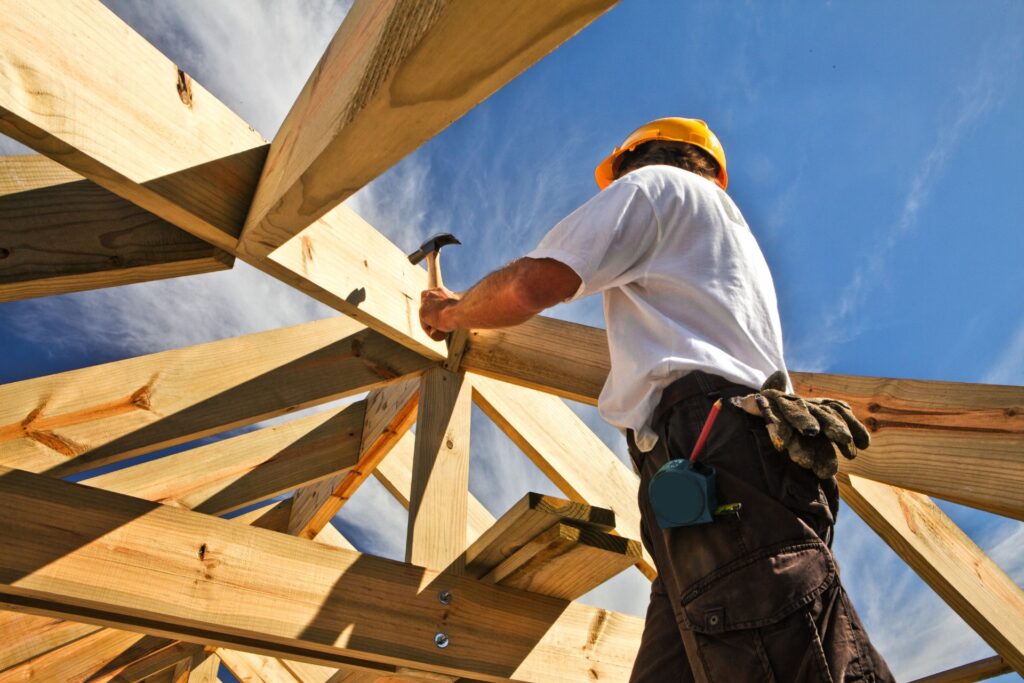Welcome to our guide on understanding builder hourly rates in New Zealand, where we break down everything you need to know before starting your next construction or renovation project. Whether planning a small home repair or a large-scale build, navigating the costs of hiring a builder can be tricky, especially with rates varying widely across the country. In this article, we’ll explore what influences builder hourly rates, from location and experience to project complexity and timing, giving you the insight to budget accurately and make informed decisions. By the end, you’ll understand what to expect and how to ensure you’re getting quality work at a fair price.
On average, the builder’s hourly rate in New Zealand typically ranges from $45 to $90, depending on factors like location, experience, and project type. Builders in major cities like Auckland and Wellington may charge higher rates compared to those in rural areas. More experienced or specialized builders, such as master builders, often command premium rates. To get an accurate quote for your project, it’s essential to provide detailed job descriptions and compare quotes from multiple builders.
- Overview of Builder Hourly Rates in NZ
- Factors That Influence Builder Hourly Rates In New Zealand
- How To Get Accurate Quotes For Your Building Project
- Ways To Save On Builder Costs Without Compromising Quality
- Common Pitfalls To Avoid When Hiring A Builder
- How To Choose The Right Builder For Your Project
- FAQs: About The Builder Hourly Rate NZ
- Conclusion
Overview of Builder Hourly Rates in NZ
General Pricing Expectations
When considering the cost of hiring a builder in New Zealand, it’s essential to understand that hourly rates can vary significantly. On average, builder hourly rates in NZ typically range between $50 to $90 per hour. However, these figures can fluctuate based on several factors. For instance, builders in larger cities like Auckland and Wellington may charge more due to the higher cost of living and increased demand, with rates potentially going beyond $100 per hour. On the other hand, builders in smaller towns or rural areas might charge towards the lower end of the spectrum.
Other key factors influencing the cost include the builder’s experience, the complexity of the project, and the specific tasks involved. For specialized work such as renovations, custom builds, or heritage restorations, you may encounter higher rates because of the additional skills required. Additionally, if you’re hiring a highly experienced or specialized builder, expect to pay more for their expertise.
How New Zealand’s Construction Industry Affects Rates
The construction industry in New Zealand has undergone significant changes in recent years, which directly impacts builder rates. One major factor has been the increased demand for housing, particularly in urban centers where population growth continues to outpace housing availability. This surge has created a high demand for builders, driving up hourly rates due to the limited availability of skilled labor.
Post-pandemic trends have further influenced the market. Disruptions in supply chains and material shortages caused by the COVID-19 pandemic have led to delays and increased construction costs. Builders may pass these costs on to clients, which is reflected in their hourly rates. Additionally, with inflation affecting the price of materials like timber and steel, builders often adjust their prices to accommodate these fluctuations.
The ongoing housing market boom has also put pressure on the construction sector. In regions experiencing rapid growth or real estate booms, builders may be booked months in advance, which can lead to higher rates due to the scarcity of available labor. Moreover, the government’s initiatives to promote more affordable housing developments may also be affecting pricing, as builders take on large-scale projects, reducing their availability for smaller jobs.
Overall, the combination of increased demand, material costs, and ongoing challenges in the construction sector means that builder rates in New Zealand are likely to remain elevated, particularly in areas where housing growth continues to thrive. As a homeowner or property developer, it’s crucial to factor these considerations into your budget when planning any construction or renovation projects.

Factors That Influence Builder Hourly Rates In New Zealand
Understanding the factors that influence builder hourly rates in New Zealand is essential when planning your construction project, whether it’s a small repair or a full-scale home build. Several key elements come into play, including the geographic location, the builder’s experience, the type of project, and the timing. Here’s a breakdown of how these factors can impact the cost you can expect to pay.
Geographic Location
The location of your project is one of the biggest factors affecting builder rates. In urban centers like Auckland, Wellington, and Christchurch, builder hourly rates are generally higher due to increased demand and a higher cost of living. For example, in Auckland, where the housing market is booming, the average hourly rate for builders may be significantly higher than in smaller cities or rural areas.
Rural locations, on the other hand, often see lower rates. However, it’s important to consider the potential for added costs if your builder needs to travel a long distance to reach the job site. In remote areas, travel time and sometimes even accommodation fees are added to the builder’s invoice. This can make rural projects unexpectedly expensive, especially if the builder has to commute daily from a distant urban center.
Urban projects may also have faster access to materials and resources, which could reduce the overall duration of the project, whereas rural builds might experience delays due to logistics, potentially driving up the costs.
Builder’s Experience and Skill Level
The skill level and experience of the builder can make a big difference in their hourly rate. Apprentice builders generally charge the lowest rates as they are still gaining experience under the supervision of a qualified or master builder. Their rates can be appealing for simple projects or tasks where precision and advanced skills are not required.
Qualified builders, who have completed their training and hold certifications, usually charge mid-range rates. They bring a solid level of expertise to the table, making them a reliable choice for most standard projects, such as home renovations or additions.
Master builders, on the other hand, charge premium rates due to their extensive experience and expertise. They are often preferred for complex projects, such as heritage restorations, large-scale renovations, or new home constructions that require a higher level of skill. While hiring a master builder may be more expensive, the quality and efficiency they bring can often save you money in the long run by avoiding costly mistakes or delays.
It’s essential to assess whether paying more for experience is worth it for your project. For instance, if you are doing a basic renovation, an apprentice or qualified builder may suffice. But for highly detailed or specialized work, opting for a master builder can ensure the project is done to the highest standard.
Type of Project
The nature of your project will also significantly influence the hourly rate you pay. Smaller jobs, such as minor repairs or maintenance tasks, tend to have lower rates since they don’t require as much time or advanced skills. For example, a quick fix or repair may not necessitate a highly experienced builder, and thus the rates can be on the lower end.
In contrast, large-scale projects like new home builds demand a higher level of coordination, skill, and time, which increases the hourly rate. Builders working on more intricate jobs, such as home extensions or structural renovations, often charge higher rates to reflect the complexity and risk involved.
Specialized projects, such as heritage building restorations or eco-friendly constructions, may also come with higher hourly rates. These types of projects require specific expertise, materials, and often additional certifications. Builders who specialize in these areas may charge more, but their knowledge is crucial to ensure the project meets the necessary standards and regulations.
Timing and Availability
Seasonality can have a considerable impact on builder hourly rates in New Zealand. The construction industry is typically busier during the warmer months, especially in summer, when builders tend to be in high demand. During these peak times, rates can rise due to increased competition for services. It’s common for builders to charge more during the summer as their schedules are packed with jobs, and they can afford to be more selective about the projects they take on.
Conversely, during off-peak seasons, such as winter, when the weather is less favorable for construction, rates may be more negotiable. Builders might offer lower rates to secure work during these quieter periods, making it a good time to plan less urgent projects if you’re looking to save money.
Another factor to consider is the urgency of your project. If you need a builder to start immediately or complete a job within a short timeframe, expect to pay a premium for the convenience. Builders often charge more for last-minute jobs or rush work because it can disrupt their existing schedules and require them to work overtime or bring in extra resources.
By understanding how factors like location, experience, project type, and timing affect builder hourly rates in New Zealand, you can better plan your budget and make informed decisions when hiring a builder. While it may be tempting to go with the lowest rate, it’s essential to consider the value of experience and expertise, especially for complex or specialized projects. Timing your project strategically and choosing the right builder for your specific needs can ensure a smooth and successful build at a reasonable cost.

How To Get Accurate Quotes For Your Building Project
When planning any building project, whether it’s a small renovation or a large-scale construction, getting an accurate quote is crucial for keeping your budget and timeline on track. Accurate quotes help you avoid unexpected expenses and delays, ensuring that both you and your contractor are on the same page from the start. Here’s how to ensure you receive precise, reliable quotes for your project.
The Importance of Detailed Job Descriptions
The first step to getting accurate quotes is to provide a clear and detailed description of the work you want done. Contractors rely heavily on the information you provide to calculate costs, so the more detailed you are, the fewer surprises there will be later on.
Tips for Crafting a Comprehensive Job Description
- Scope of Work: Specify exactly what you want done. Is it a new build, a renovation, or simply maintenance? For renovations, highlight any areas that may need special attention.
- Materials Required: Be explicit about the materials you want. Are you expecting top-tier, eco-friendly materials, or are budget-friendly options acceptable? If you’re not sure, ask the contractor for recommendations, but make sure this is reflected in the quote.
- Deadlines: Providing a timeline or deadline can also impact your quote. Be clear about when you expect the work to start and finish. Contractors often factor in the timeline when pricing labor and availability.
The more detailed your description, the easier it will be for builders to give you a precise estimate. This avoids misunderstandings and ensures the contractor’s expectations match your vision.
Requesting Multiple Quotes
Never settle for the first quote you receive. It’s always smart to request multiple quotes from different builders. This will not only give you a better idea of the market rate for your project but also help you assess the professionalism and transparency of various contractors.
Advantages of Comparing Multiple Quotes
- Better Understanding of Market Prices: By getting at least three quotes, you’ll develop a clearer sense of how much your project should cost. If one quote is dramatically lower or higher than the others, this could be a red flag.
- Spotting Potential Issues: An unusually low quote might mean the builder is cutting corners, using subpar materials, or missing key project elements. On the other hand, an excessively high quote might indicate unnecessary markups or misunderstandings about the scope of work. Don’t hesitate to ask for a breakdown of costs if something seems off.
By comparing multiple quotes, you’ll be able to spot patterns and make an informed decision that balances cost, quality, and reliability.
Understanding What’s Included in the Hourly Rate
When you receive quotes, it’s essential to understand exactly what is included in the hourly rate and what might come at an additional cost. Labor is the biggest component, but it’s not always the only factor.
What’s Typically Covered in the Hourly Rate
- Labor: This includes the contractor and any workers on site. It’s important to know if the contractor is personally working on the project or supervising others.
- Basic Tools and Equipment: Most quotes will include the use of the builder’s standard tools and equipment, but specialized equipment may come at an extra cost.
Additional Costs to Clarify
- Materials: Always ask whether materials are included in the quote. In some cases, contractors may purchase materials on your behalf, and they might add a markup for doing so. Make sure to clarify this upfront and request a list of the materials and their costs.
- Subcontractors: If your project requires specialized work, such as plumbing or electrical, the builder may hire subcontractors. Ask if these costs are included in the quote or if they will be billed separately.
Understanding what’s included in the quote helps prevent any last-minute surprises and allows you to budget more effectively. Always clarify who is responsible for purchasing materials, and don’t be afraid to ask whether any markups will be added. This will give you peace of mind and a clearer understanding of the total cost.
Securing accurate quotes is a critical step in any building project. By providing detailed job descriptions, requesting multiple quotes, and fully understanding what’s included in the hourly rate, you’ll ensure you get a fair price and avoid unnecessary costs or delays. This preparation will also help build trust between you and your contractor, ensuring a smooth and successful project from start to finish.

Ways To Save On Builder Costs Without Compromising Quality
When tackling a construction project, it’s easy for costs to spiral out of control. However, by taking strategic steps, homeowners can save money without compromising on the quality of their build. Below are four key ways to minimize builder expenses while still achieving a high-quality result.
1. Be Prepared
One of the most effective ways to save on builder costs is through careful preparation. Before starting any construction project, ensure that you have a thorough plan in place. This includes having detailed designs, blueprints, and a clear understanding of the project’s scope. When every element is well thought out, there is less room for error, reducing the likelihood of unexpected delays or additional expenses.
Project delays often occur when decisions haven’t been finalized, leading to costly changes and extended labor time. By having all the details ironed out whether it’s the layout, materials, or finishes you help the builders stick to a tight schedule. This minimizes the chances of needing costly mid-project adjustments and helps the project flow smoothly from start to finish. Time is construction money, and the more organized and decisive you are, the more you save.
2. DIY Where Possible
Another practical way to save on builder costs is by doing some of the smaller, manageable tasks yourself. While it’s crucial to leave specialized work (like electrical wiring or structural tasks) to licensed professionals, there are certain areas where a hands-on approach can cut labor costs. Tasks such as painting, sanding, or even simple demolition (like removing old tiles or fixtures) are areas where homeowners can get involved.
However, it’s essential to know your limits. Tackling something beyond your skill set could lead to mistakes, which may end up costing more to fix than if you had hired a professional in the first place. Focus on tasks that are simple and manageable to avoid potential setbacks. By finding this balance, you can reduce builder hours and lower the overall project costs while still ensuring professional-quality work where it matters.
3. Build Relationships with Local Builders
Establishing relationships with builders in your local area is another great strategy to save money. Local builders not only have a better understanding of the area’s regulations and potential challenges, but they also tend to charge less in terms of travel fees. Hiring local contractors eliminates the need for long-distance travel expenses, which can add up quickly.
Additionally, building a relationship with your local builders can have long-term benefits. If you refer them to others or become a repeat customer, many contractors are more willing to negotiate better prices or offer discounts. Contractors value loyalty, and cultivating a strong working relationship may lead to preferential treatment in terms of both price and priority in their schedule. Plus, local builders are likely to care about their reputation in the community, meaning they’ll often go the extra mile to ensure a high-quality job.
4. Consider Fixed-Price Contracts
When budgeting for a construction project, it’s worth considering the type of contract you’re using. While some builders charge by the hour, opting for a fixed-price contract can often provide greater peace of mind. With a fixed-price contract, you agree on a set cost for the entire project upfront, which can protect you from unexpected price hikes or extended timelines that lead to higher labor costs.
However, fixed-price contracts aren’t without their potential drawbacks. They may include a higher initial estimate to cover unforeseen circumstances, meaning the base price could be higher than an hourly estimate. On the flip side, an hourly contract could result in additional costs if the project encounters delays or complications. A fixed-price contract is ideal for homeowners who want more control over their budget and prefer to avoid the risk of escalating expenses. It locks in the cost and ensures you’re not faced with surprise charges halfway through the build.
By following these four strategies preparing thoroughly, handling small DIY tasks, building relationships with local builders, and considering fixed-price contracts you can significantly reduce the overall cost of your construction project without sacrificing quality. These steps allow you to stay on budget while still ensuring that the outcome meets your expectations. Planning wisely and being proactive in managing the details is key to saving money and reducing unnecessary stress throughout the building process.

Common Pitfalls To Avoid When Hiring A Builder
When embarking on a building project, whether it’s a small renovation or a complete home construction, choosing the right builder is crucial. However, many homeowners fall into common traps that can lead to costly delays, unsatisfactory workmanship, or legal disputes. Avoiding these pitfalls can save you both time and money while ensuring the success of your project. Here are the most common mistakes people make when hiring a builder and how to avoid them.
Not Vetting Builders Properly
One of the most significant mistakes homeowners make is failing to properly vet their builder. It’s not enough to go with the first recommendation you receive or the builder offering the lowest price. Thoroughly checking the builder’s qualifications is essential. Always confirm that they hold the necessary licenses to operate legally in your area. In New Zealand, for instance, builders who are members of trade organizations like Certified Builders NZ or Master Builders NZ are often more reliable. These memberships indicate that the builder adheres to certain industry standards and has committed to a code of ethics.
Additionally, it’s wise to ask for references and review their portfolio of past work. By doing your homework, you reduce the risk of hiring someone underqualified or unreliable, ensuring that your project will be handled by someone experienced and professional.
Focusing Solely on Price
It’s tempting to choose the builder who offers the lowest quote, especially when you’re trying to stick to a budget. However, focusing solely on price is one of the biggest pitfalls. Often, the cheapest option can end up costing you more in the long run. Lower bids may indicate that the builder is cutting corners, using subpar materials, or is less experienced.
Instead, take into account other critical factors such as the builder’s reputation, experience, and the quality of their previous work. A well-established builder with a solid reputation may charge more upfront, but you’re investing in peace of mind. The quality of the build will likely be higher, and you’re less likely to run into issues that could result in additional costs later on. Always weigh the total value offered not just the price tag.
Ignoring Red Flags in Contracts
Another area where many homeowners stumble is neglecting to scrutinize the contract thoroughly. A poorly written or vague contract can lead to serious problems down the road. Pay close attention to any red flags, such as unclear descriptions of work, a lack of firm timelines, or ambiguous pricing terms. These loopholes can lead to misunderstandings and disputes once the project is underway.
Make sure the contract clearly outlines the scope of work, including detailed descriptions of the materials to be used, a timeline for each phase of the project, and any additional costs that may arise. The importance of having a clear payment schedule cannot be overstated. It’s crucial to agree on a payment structure in advance, so you understand when and how payments will be made. This not only ensures that the builder is paid fairly as work progresses but also protects you from paying for work that hasn’t yet been completed.
Avoiding these common pitfalls can make all the difference when hiring a builder. Take the time to thoroughly vet potential builders, avoid focusing solely on price, and always review contracts carefully. By doing so, you’ll increase your chances of a successful, smooth-running project and avoid the stress and financial strain of dealing with mistakes later on. When in doubt, consult professionals or seek legal advice to ensure that you’re fully protected before any work begins.

How To Choose The Right Builder For Your Project
When it comes to home construction or renovation, selecting the right builder is crucial to the success of your project. Whether you’re building a new home or making major improvements to an existing property, the contractor you choose will be responsible for turning your vision into reality. However, with so many options available, it can be overwhelming to know where to start. To help you make an informed decision, here’s a step-by-step guide to finding the perfect builder for your project.
1. Ask for Recommendations
One of the best ways to begin your search is by asking for recommendations. Word-of-mouth referrals from trusted sources, such as friends, family, or neighbors, are invaluable when searching for a reliable builder. People who have had direct experience with a contractor can provide insight into their work ethic, reliability, and the quality of their craftsmanship. Additionally, local community groups or neighborhood forums often have members who can share their experiences with builders in your area.
In today’s digital age, don’t forget to take advantage of online resources. Websites like Yelp, Google Reviews, and Houzz offer a platform for customers to leave feedback on builders they’ve worked with. Social media platforms like Facebook and Instagram also allow you to check out contractors’ work and read through client testimonials. When reviewing online feedback, look for common themes in the comments consistent praise or recurring issues can help you identify reliable builders and weed out those with a history of poor performance.
2. Conduct Interviews
Once you have a shortlist of potential builders, it’s time to interview them. Conducting interviews is an essential part of the selection process, as it allows you to gauge not only the builder’s qualifications but also how well they’ll work with you throughout the project. Start by asking about their experience with similar projects. Have they worked on homes or renovations of similar scope and style? If your project has any specific challenges, such as zoning restrictions or complex architectural features, make sure the builder is comfortable handling them.
Next, inquire about how they approach unforeseen issues. Even the best-laid plans can run into unexpected problems, so it’s important to choose a builder who can stay calm under pressure and find creative solutions. During these conversations, pay attention to how the builder communicates. Do they listen to your concerns? Are they clear in explaining their process and timelines? A builder’s communication style is a good indicator of how well they’ll collaborate with you. You want someone who is professional, transparent, and responsive, as this will make the entire project run more smoothly.
Trustworthiness is another critical factor to assess during your interviews. Ask for references from previous clients, and don’t hesitate to follow up with them. Professionalism and transparency in these initial conversations will set the tone for your entire working relationship. You’re looking for someone who not only has the skills to complete your project but who you feel comfortable with throughout the process.
3. Review Past Work
A builder’s past work is often the best indicator of the quality you can expect on your own project. Ask to see their portfolio of completed projects to get a sense of their style and capabilities. If possible, visit a few of their past project sites to see the craftsmanship up close. Walking through homes they’ve built or renovated will give you a tangible feel for their attention to detail, the quality of materials used, and the overall finish of their work.
Client testimonials and references can offer valuable insight into what it’s like working with a particular builder. A satisfied client will gladly share their positive experiences and offer recommendations. On the other hand, if previous clients had issues, they might highlight areas where the builder fell short, helping you make a more informed decision. When speaking with references, ask about the builder’s reliability, adherence to deadlines, and willingness to address any issues that arose during the project. This feedback can be the deciding factor in whether a builder is the right fit for your needs.
Choosing the right builder is one of the most important decisions you’ll make when embarking on a construction or renovation project. By asking for recommendations, conducting thorough interviews, and reviewing past work, you can feel confident that you’re making an informed choice. The right builder will not only have the technical skills to bring your project to life but also the professionalism and communication skills necessary to make the process as smooth and enjoyable as possible. Take your time, do your homework, and you’ll find the builder that’s perfect for your project.

FAQs: About The Builder Hourly Rate NZ
Conclusion
Understanding the factors that influence builder hourly rates in New Zealand is crucial when planning a building project. By getting detailed quotes and carefully selecting the right professional, homeowners can ensure their projects are completed on time and within budget. Equipped with this knowledge, readers are encouraged to start planning their building projects with confidence, knowing they can budget effectively and hire wisely. While it’s essential to consider builder rates, remember that investing in skilled craftsmanship will always deliver long-term value, ensuring your project stands the test of time.
About the Author:
Mike Veail is a recognized digital marketing expert with over 6 years of experience in helping tradespeople and small businesses thrive online. A former quantity surveyor, Mike combines deep industry knowledge with hands-on expertise in SEO and Google Ads. His marketing strategies are tailored to the specific needs of the trades sector, helping businesses increase visibility and generate more leads through proven, ethical methods.
Mike has successfully partnered with numerous companies, establishing a track record of delivering measurable results. His work has been featured across various platforms that showcase his expertise in lead generation and online marketing for the trades sector.
Learn more about Mike's experience and services at https://theleadguy.online or follow him on social media:

